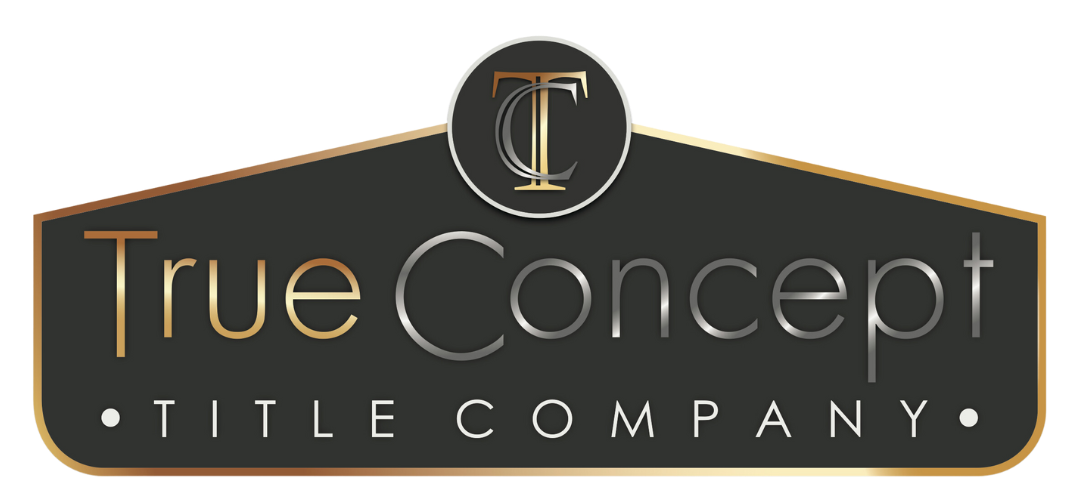Exploring the Role of a Title Insurance Underwriter
Exploring the Role of a Title Insurance Underwriter
When it comes to real estate transactions, ensuring the security and legitimacy of property titles is crucial. Title insurance serves as a safeguard for buyers and lenders against potential defects in property titles. At the heart of this process are title insurance underwriters, professionals whose expertise and diligence ensure that the title insurance policies are sound and reliable. In this blog, we will explore the vital role of title insurance underwriters, their key responsibilities, and how they contribute to the real estate transaction process.
What is Title Insurance?
Before diving into the specifics of the underwriter's role, it's essential to understand what title insurance is. Title insurance is a form of indemnity insurance that protects property buyers and lenders from financial loss due to defects in a title to a property. This could include issues such as unpaid taxes, undisclosed heirs, fraud, or legal disputes over ownership. Unlike other types of insurance, which cover future events, title insurance protects against past events that could affect property ownership.
Key Responsibilities of a Title Insurance Underwriter
- Assessing Risk
One of the primary responsibilities of a title insurance underwriter is to assess the risk associated with insuring a specific property. They review the title search results, which include public records and any documentation related to the property’s history. Thorough evaluation of these factors helps underwriters determine the level of risk involved and whether to issue a title insurance policy.
During this process, underwriters might examine several elements, such as the property's current ownership, any outstanding liens, and any historical claims against the title. Understanding the past events affecting the property is crucial for making informed decisions. For example, if a title search reveals unpaid property taxes, it could indicate potential financial responsibilities for the new owner, impacting the underwriter's decision. - Reviewing Title Searches
Title insurance underwriters work closely with title agents and abstractors to review title searches, which provide detailed histories of property ownership. The underwriter examines any findings to identify potential issues, such as liens, easements, or encroachments that could pose a risk to the title. This thorough review ensures that all relevant factors are considered before insurance is issued.
Underwriters must pay close attention to any discrepancies found in the title search. For example, if the title reflects a name different from the seller’s legal name, the underwriter needs to delve deeper to find out why. Understanding these discrepancies is crucial in preventing future claims or legal disputes. - Determining Policy Terms
Once an underwriter assesses the risk associated with a property, they determine the terms of the title insurance policy. This includes deciding the coverage amount, exclusions, and specific conditions that may apply. It’s within the underwriter's purview to ensure that the policy aligns with the company’s guidelines while meeting the needs of the lender or buyer.
The terms must balance adequate coverage for the insured while also mitigating risk for the title insurance company. For instance, an underwriter may compile a list of exclusions based on the property's history, such as failing to cover potential claims against unknown heirs. - Ensuring Compliance
Title insurance underwriters must stay updated on state regulations and compliance requirements. Each state has specific laws governing title insurance practices, and underwriters need to ensure that all policies adhere to these standards. This involves regular training and monitoring of legal changes, which ultimately protects the integrity of the title insurance process.
Compliance not only protects the title company but also ensures that clients are treated fairly throughout the transaction process. By understanding legalities, underwriters can better navigate potential red flags that may arise during their assessments. - Collaborating with Industry Professionals
Underwriters often collaborate with various stakeholders in the real estate transaction process. They may work closely with real estate agents, lenders, attorneys, and other title industry professionals to clarify details and resolve any discrepancies in the title. Effective communication is vital, ensuring a smooth transaction for all parties involved.
By fostering solid relationships with these professionals, underwriters can access important information quickly and streamline the transaction process. Working closely with title agents helps identify potential issues before they escalate, leading to a more efficient closing process. - Managing Claims
In the unfortunate event that a title claim is made, the underwriter plays a critical role in managing the claims process. They investigate the claim, gather necessary documentation, and determine the validity of the claim presented. This responsibility requires a keen understanding of title insurance policies and the ability to assess legal merits to reach a fair resolution.
An underwriter's responsiveness during a claim can significantly impact the outcome for involved parties. Their attention to detail not only contributes to resolving claims but also reinforces the confidence clients have in the insurance policy.
The Importance of Title Insurance Underwriters
- Mitigating Financial Risk
Title insurance underwriters are crucial in mitigating financial risks for homebuyers and lenders. By thoroughly assessing properties and identifying potential issues, underwriters help protect clients from future legal disputes and financial liabilities. This security fosters trust in the real estate process, allowing buyers and lenders to make informed decisions without fear of unforeseen complications. - Enhancing Due Diligence
Underwriters ensure that due diligence is executed meticulously. Their attention to detail and commitment to investigating potential title issues help prevent problems from arising after a transaction has been completed. This proactive approach reduces the likelihood of claim disputes and enhances the overall reliability of the title insurance system. - Supporting Industry Standards
Title insurance underwriters are essential in upholding industry standards and best practices. Their dedication to compliance and risk assessment ensures that title insurance remains a trusted option for safeguarding property ownership. By contributing to a consistent process that evaluates potential risks, underwriters help create a healthy real estate market where buyers feel secure in their transactions.
The Educational Background of Title Insurance Underwriters
Typically, title insurance underwriters have backgrounds in fields such as real estate, law, finance, or insurance. Many possess degrees in these areas, and a strong understanding of the law is particularly beneficial since they often navigate complex legal documents and requirements.
In addition to formal education, many underwriters undergo specific training within title companies to familiarize themselves with the unique aspects of title insurance, including software systems used for title searching and policy management.
The Future of Title Insurance Underwriting
As the real estate landscape evolves, so does the role of title insurance underwriters. Advancements in technology are facilitating changes in risk assessment. For example, many title companies now use automated systems that utilize big data analytics to evaluate risk faster and more accurately. While these technological innovations encourage efficiency, they also place a premium on the underwriter’s ability to interpret and assess the nuances of the results provided by these systems.
Additionally, the growing importance of cybersecurity has introduced new challenges for underwriters to consider. With the increasing digitization of sensitive data, underwriters must be vigilant about identifying potential security risks that could impact title integrity. This involves ensuring that the processes and tools used in the underwriting process comply with high standards of data security.
The role of a title insurance underwriter is essential within the intricate world of real estate transactions. From assessing risks and reviewing title searches to ensuring compliance and managing claims, underwriters are integral to the title insurance process. Their expertise not only protects the financial interests of buyers and lenders but also helps maintain the integrity and trustworthiness of the real estate industry.
At True Concept Title, we understand the critical responsibilities of title insurance underwriters and are committed to delivering reliable and comprehensive title insurance solutions. As you navigate the complexities of property transactions, partnering with a reputable title company that prioritizes thorough underwriting practices will ensure a smooth and secure experience.
In this evolving landscape of real estate, the expertise of title insurance underwriters will continue to be pivotal. With their commitment to quality and due diligence, these professionals play an indispensable role in securing peace of mind for homebuyers and lenders alike.
If you have any questions about the role of title insurance underwriters, or if you're looking for assistance with title
services, reach out to
True Concept Title today. We’re here to help you every step of the way on your property journey.










